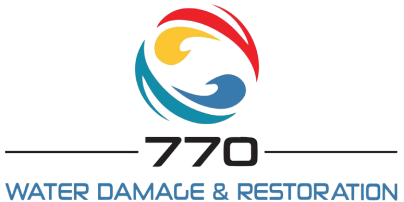Do I Have To Rebuild My Home After A Fire?
After a terrible fire, the majority of individuals opt to repair or rebuild their homes, but you don’t have to. In most cases, the insurance company will allow you move on to a new home and start over with the insurance payout.
If a recent fire left your home with significant damage, you may be wondering, Do I need to rebuild my home? Your homeowner’s insurance should assist in defraying the expenses of repairing or rebuilding your home, but what if you decide against doing so? After a terrible fire, the majority of individuals opt to repair or rebuild their homes, but you don’t have to. In most cases, the insurance company will allow you move on to a new home and start over with the insurance payout.
Here is a list of all the considerations you should make before deciding whether to rebuild your home after a fire.
Payout for Insurance: RCV vs. ACV
Examining your homeowner’s insurance is the first step in determining whether or not to rebuild your property. Hopefully, you bought insurance coverage with a large enough limit to pay for the cost of restoring it to its original state. Two types of homeowner’s policies are generally provided by insurance companies:
* RCV (replacement cost value) is the sum of money required to restore your home to its original condition. RCV policies are often more expensive, but they guarantee that, should the need arise, you will have sufficient funds to entirely replace your home.
* Since ACV (actual cost value) takes into account depreciation, it is insufficient to reconstruct your home to its original condition.
Steps to Take If a Fire Destroys Your House
Many people are unsure of what to do following a home fire because they may be terrible and heartbreaking. You can start planning your next moves once you get your family and yourself to safety and dial 911.
Here are some steps you can take to get back to your regular routine.
1. Call your insurance provider. One of the first things you should do after a house fire is this. Keep in mind that your insurance provider is a member of your team and can offer advice on your next course of action and set you up for repair, reconstruction, or relocation.
2. Look for a secure spot to stay. When your home is unfit for habitation, many insurance companies will cover temporary housing. Keep note of all of your housing receipts in case your insurance provider requests them.
3. The official fire report should be obtained. The emergency responders’ firefighters need to have written a fire report. Get a copy of the report from your neighborhood fire department, and keep it on hand in case you ever need it for insurance reasons.
4. Record personal property and salvage what you can. You can feel like you’re beginning over if everything in your house was destroyed. Make a list of all your personal possessions to aid in a quicker return to normalcy. Though it’s not always possible, it helps if the list is accompanied by images. Make a list of everything you own, together with the date and price of each purchase.
5. Keep your mortgage payments current. Although it wouldn’t hurt to let your lender know what’s happening, you should still plan to continue paying your mortgage while your home is being rebuilt or restored.
The specialists at 770 Water Damage & Restoration are available to assist because of this. Our crew has years of experience repairing homes that have been damaged by fires. We also take care of sewage backlog, mold eradication, and smoke and flood damage. We want you to feel comfortable living in your house and taking part in daily activities without having to worry about smoke odor or fire damage.
Call 770 Water Damage & Restoration for professional Fire Damage Restoration La Mirada services for a high-quality finish and exceptional client care.





